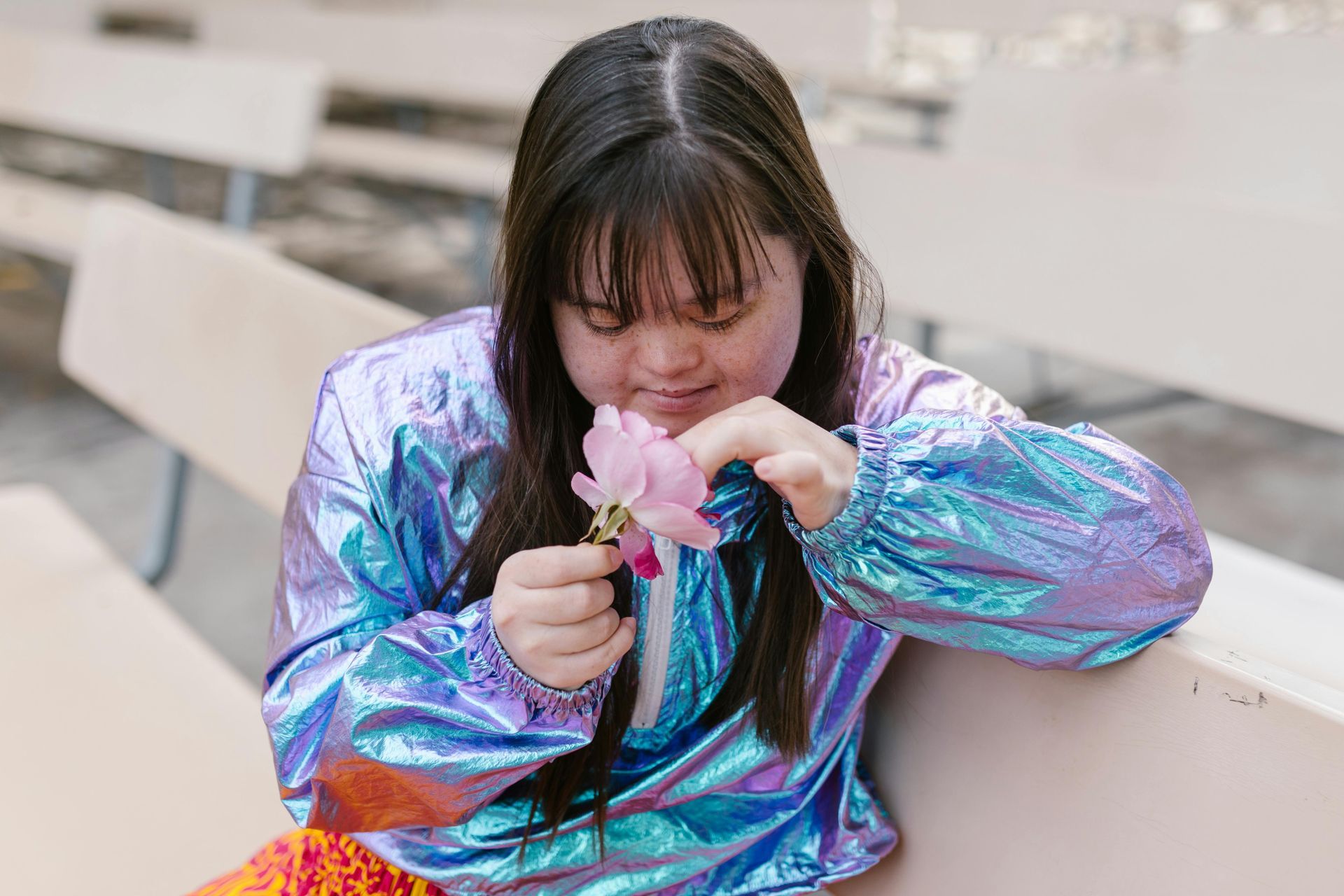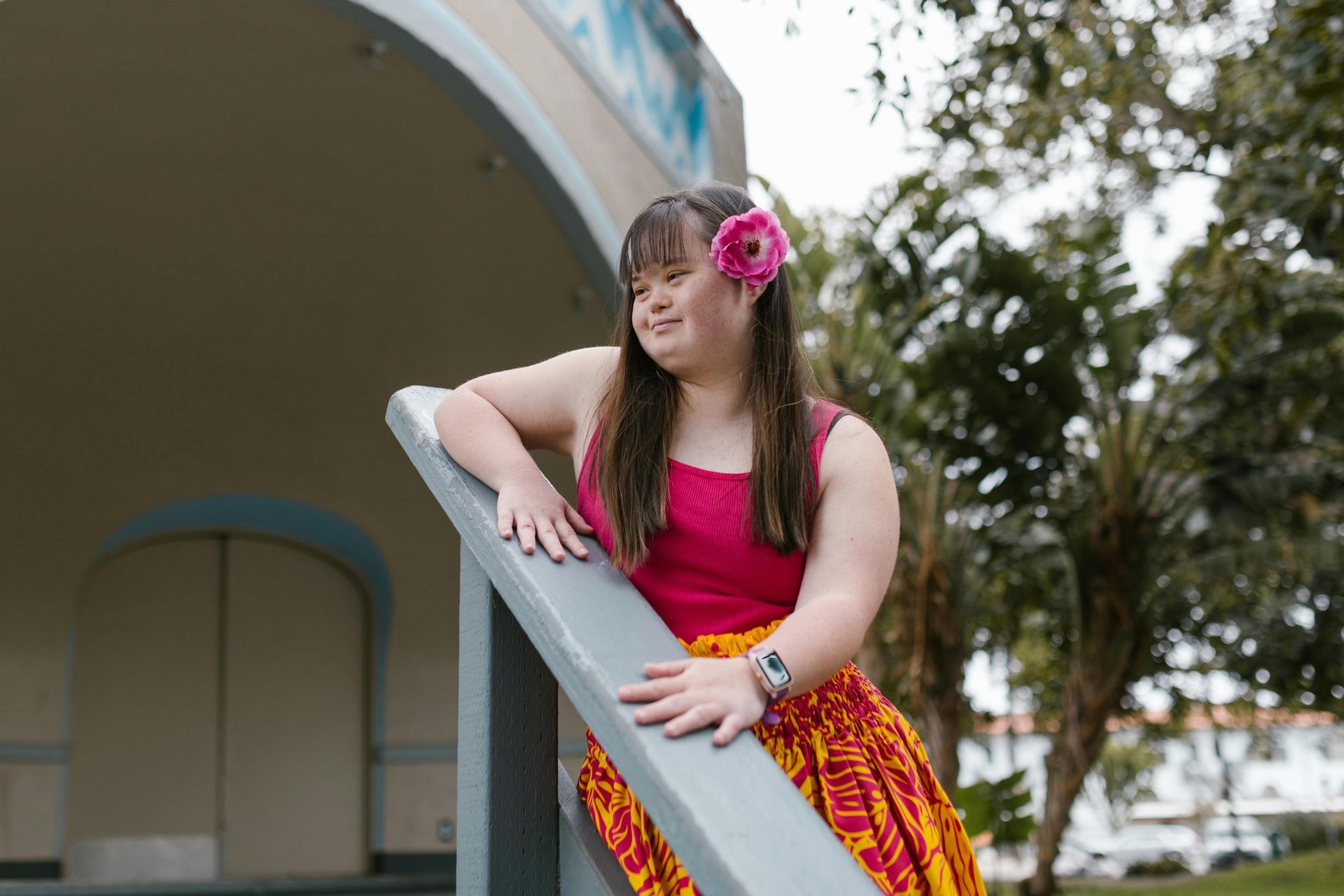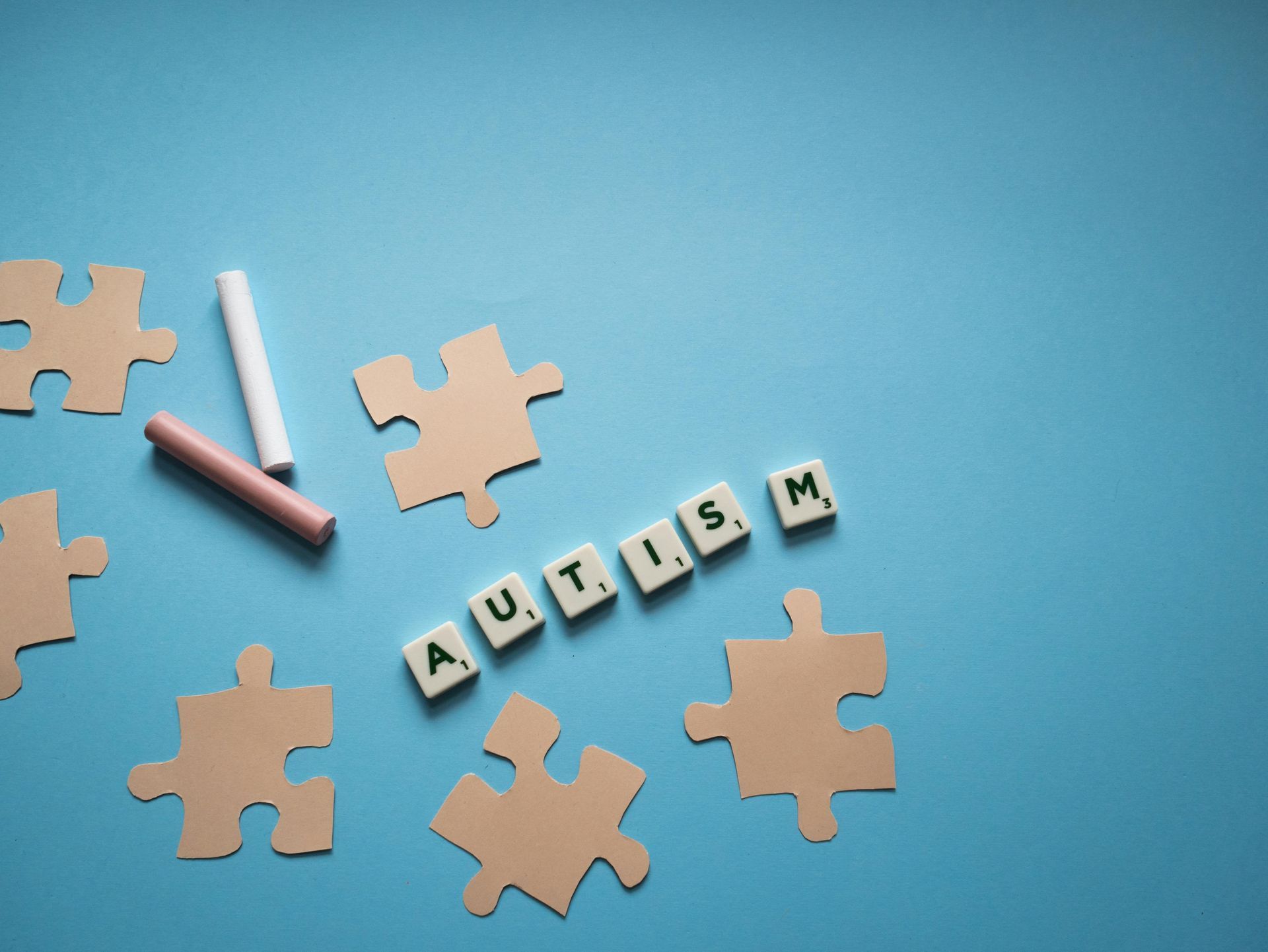Mental health and developmental disabilities can present ongoing challenges—but with the right support systems, strategies, and mindset, individuals can live full, meaningful lives. Effective management is not just about medical care; it's about nurturing resilience, self-awareness, and independence.
1. Create a Supportive Routine
Daily structure is essential. It reduces anxiety and provides a sense of security. For individuals with developmental disabilities, routines can help with transitions and improve behavior. Establish consistent wake-up, meal, and bedtime routines. Include time for therapy, recreation, and relaxation.
2. Prioritize Emotional Wellness
Coping with emotions is a skill that can be taught and reinforced. Encourage the use of calming strategies such as deep breathing, sensory tools, or creative expression like drawing or music. Provide space for open conversations about feelings without judgment.
3. Promote Independence and Self-Esteem
Every achievement, no matter how small, builds confidence. Break tasks into manageable steps and celebrate success. Encourage participation in daily activities like cooking, cleaning, or decision-making to foster independence.
4. Use Visual Aids and Communication Tools
Visual schedules, social stories, and assistive technology can be game changers. For those who are nonverbal or have limited communication, tools like picture cards or AAC (Augmentative and Alternative Communication) devices can empower expression and reduce frustration.
5. Engage in Sensory-Friendly Activities
Many individuals with developmental disabilities experience sensory processing challenges. Engage in calming sensory activities such as using weighted blankets, playing with kinetic sand, or practicing yoga stretches. Avoid overstimulating environments when possible.
6. Stay Consistent with Professional Support
Therapists, counselors, and special educators play a vital role. Regular sessions ensure progress and adjustment of strategies over time. Collaboration between families and professionals strengthens care.
7. Encourage Social Interaction
Support the development of social skills through structured group activities, community programs, or peer mentorship. Even virtual interaction can build connections and reduce isolation.
8. Focus on Caregiver Wellbeing
Caregivers often face burnout. It's essential to prioritize self-care, access respite services, and connect with support groups for shared experiences and strategies.
Final Thought:
Effective mental health and developmental disability management is a team effort. With the right resources and mindset, individuals and families can thrive.
👉 Visit www.globalhandsinc.com to explore care solutions and personalized support for individuals and families navigating these journeys.










